Alternatives to RESIDENTIAL TREATMENT
WE HEAR THE MESSAGE OVER AND OVER
“WE TRIED EVERYTHING!”
Often when we speak to parents who sent their child to a residential facility, we hear the same things. Usually the parent describes their fears about the youth’s behavior. They convey the struggle they have being able to intervene. They express their frustrations that their child does not seem to listen to instructions. The parents often come with the belief – often fueled by educational consultants or others – that if the youth does not attend residential, they will end up on the streets or dead.
Residential treatment is not preventive care for imagined future behaviors.
Children live and develop in systems – familial, communal and societal. Removing a child does not aid the family in altering dysfunction or learning better methods to attune and connect. Therapeutic models require a sense of safety and connection to support healing and transformation. What is clear is that survivors of these facilities report that they lived in fear and isolation while in facilities. Removing a child does not cultivate connection.

“A model of care that disrupts relationships in favor of removing a child from their community is fundamentally flawed. As is a model which identifies a child as the primary cause of dysfunctional familial, communal, and societal systems.” -Dr. Vanessa Hughes
Here are several evidence-based alternatives to residential treatment facilities that are often bypassed when children are sent to residential care facilities by their parents or guardians.
If you are considering sending your child away, please reach out to us and request a facility report for the facility you are considering.
info@breakingcodesilence.org
Adults in the Making (AIM)
Adults in the Making (AIM) – A family-centered preventive intervention designed to enhance the family protective process and self-regulatory competence to deter the escalation of alcohol use and development of substance use problems. The program is rated Effective. Overall, the preponderance of evidence indicates that the program has a positive impact ...
Adolescent Diversion Project (Michigan State University)
Adolescent Diversion Project (Michigan State University) – This is a strengths-based, university-led program that diverts arrested youth from formal processing in the juvenile justice system and provides them with community-based services. The program is rated Effective. Participants in the program had statistically significantly lower rates of official delinquency compared with control ...
Adolescent Community Reinforcement Approach
Adolescent Community Reinforcement Approach – An outpatient program targeting 13 to 25-year-olds that aims to replace activities supporting alcohol and drug use with positive behaviors that support recovery. The program is rated Effective. Participants were more likely to seek out and continue care services, abstain from substance use (in particular, marijuana), ...


